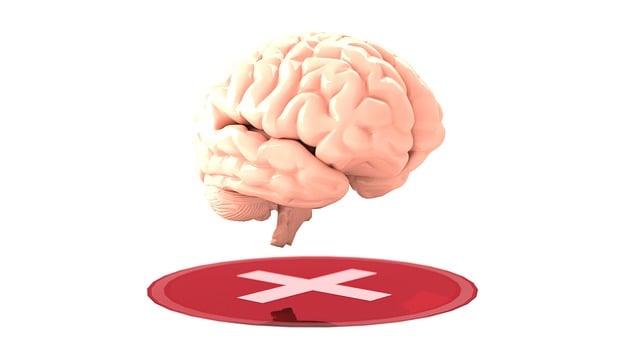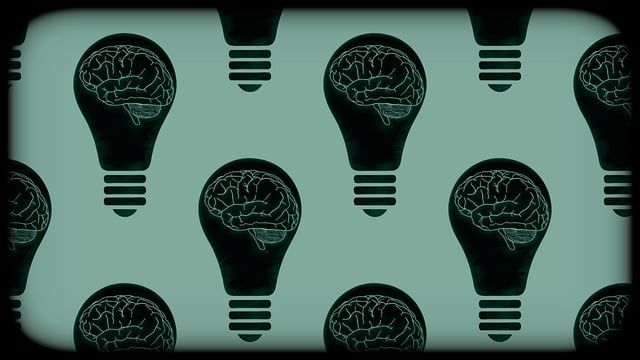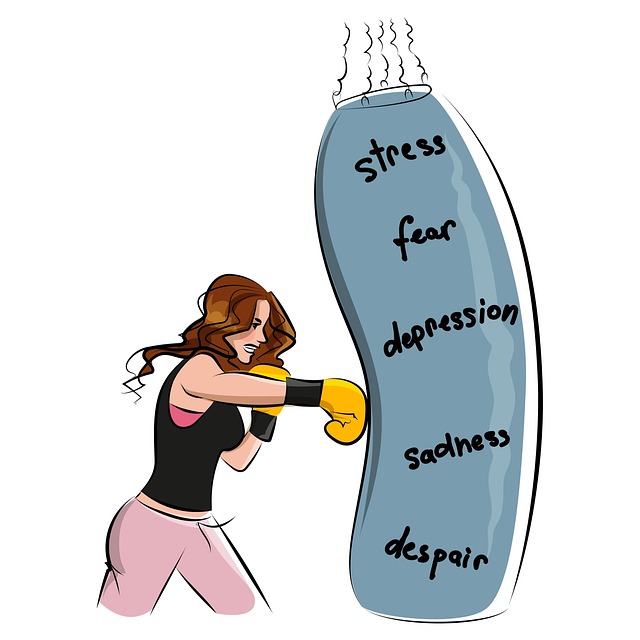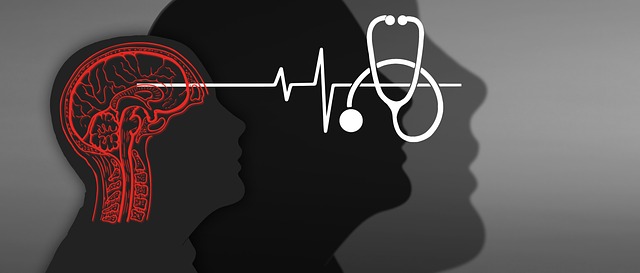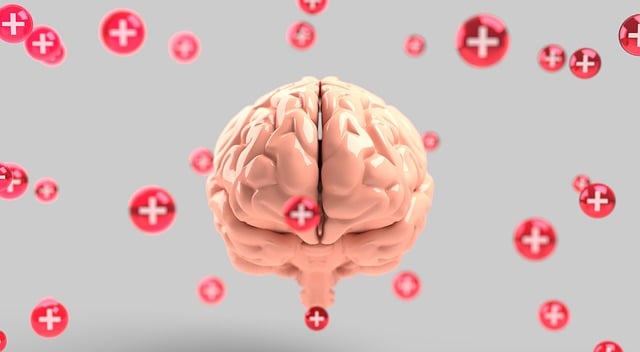In diverse healthcare settings like Greenwood Village, cultural competency is vital for providers, especially in domestic violence therapy. Unconscious biases can hinder victim trust and treatment progress. Therapists must educate themselves on diverse perspectives, undergo ongoing training, and incorporate culturally sensitive methods to create safe healing spaces. Programs like Greenwood Village Domestic Violence Therapy offer critical support with culturally responsive practices, addressing anxiety relief and trauma, and empowering survivors through identity-aligned coping skills development. Effective cultural competency training improves patient satisfaction and outcomes.
Healthcare provider cultural competency training is an essential component of delivering effective patient care, especially in diverse communities. This article explores the critical need for such training, focusing on its impact in domestic violence therapy contexts. We delve into strategies for culturally responsive practices, drawing from Greenwood Village Domestic Violence Therapy’s experiences. Additionally, we provide insights on implementing and evaluating training programs to ensure healthcare providers are equipped to navigate cultural complexities, enhancing patient outcomes.
- Understanding Cultural Competency in Healthcare: A Necessity for Effective Patient Care
- The Impact of Cultural Bias and Stereotypes on Domestic Violence Therapy
- Greenwood Village Domestic Violence Therapy: Strategies for Culturally Responsive Practice
- Implementing and Evaluating Cultural Competency Training Programs for Healthcare Providers
Understanding Cultural Competency in Healthcare: A Necessity for Effective Patient Care

In today’s diverse healthcare landscape, cultural competency is no longer an optional skill for providers; it’s a necessity. Understanding and respecting patients’ cultural backgrounds, values, and beliefs are essential for effective patient care. Healthcare providers who fail to recognize and appreciate these differences may inadvertently cause harm or create barriers to treatment. This is especially critical in communities like Greenwood Village, where domestic violence therapy often intersects with diverse ethnic, religious, and socio-economic backgrounds.
Cultural competency involves more than just being aware of different cultures; it’s about developing the skills to effectively communicate, build trust, and provide care tailored to each patient’s unique needs. This includes incorporating Mind Over Matter principles for stress management and crisis intervention guidance, as these can help patients navigate not only physical health issues but also the emotional and psychological challenges that often accompany trauma or chronic conditions. Such an approach fosters a more inclusive and healing environment, ensuring that every patient receives compassionate and competent care.
The Impact of Cultural Bias and Stereotypes on Domestic Violence Therapy

Cultural bias and stereotypes can significantly impact therapy sessions for victims of domestic violence, especially in a community like Greenwood Village Domestic Violence Therapy where diverse backgrounds are represented. Therapists, despite their best intentions, may unconsciously project their own cultural biases onto clients, leading to misunderstandings and mistrust. Stereotypes about gender roles, family dynamics, or cultural norms can create barriers to effective treatment. For instance, a therapist might assume that a client from a certain ethnic group follows traditional cultural practices that could potentially interfere with their understanding of the client’s experience of abuse.
These biases can hinder progress in therapy and perpetuate feelings of isolation for clients. It is crucial for therapists to be aware of their own unconscious prejudices and actively work towards developing cross-cultural competency skills. This includes educating themselves on different cultural perspectives, seeking ongoing training in cultural sensitivity, and incorporating methods that respect and validate each client’s unique background and experiences. By doing so, therapy sessions can become more inclusive and effective, fostering a safe space for clients to heal from depression prevention and promote overall mental wellness, as supported by the Mental Wellness Podcast Series Production and Mental Health Education Programs Design.
Greenwood Village Domestic Violence Therapy: Strategies for Culturally Responsive Practice

Greenwood Village Domestic Violence Therapy centers play a pivotal role in providing support and Anxiety Relief to survivors navigating complex cultural landscapes. These therapy spaces must be designed with culturally responsive practices at their core, ensuring safety and trust for diverse individuals seeking Trauma Support Services. By acknowledging and respecting the unique cultural backgrounds of clients, therapists can facilitate meaningful healing and Coping Skills Development.
This approach involves understanding and incorporating cultural values, beliefs, and traditions into therapy sessions. For instance, therapists in Greenwood Village might adapt their practices to accommodate language barriers, incorporate culturally relevant resources, or tailor interventions to address specific ethnic or religious considerations. Such strategies empower survivors to share their stories authentically and engage in therapeutic processes that resonate with their personal identities.
Implementing and Evaluating Cultural Competency Training Programs for Healthcare Providers

Implementing cultural competency training programs is a vital step towards ensuring healthcare providers can effectively serve diverse patient populations. These programs aim to educate professionals about various cultural backgrounds, beliefs, and practices, enabling them to deliver more personalized and sensitive care. At Greenwood Village Domestic Violence Therapy, we understand that cultural sensitivity is crucial for addressing the unique needs of every patient. By integrating cultural competency into training, healthcare providers can improve patient satisfaction and outcomes.
Evaluation of these programs is essential to measure their effectiveness. This involves assessing knowledge retention, attitude changes, and practical application in clinical settings. For instance, a well-designed training might include role-playing scenarios that simulate cross-cultural interactions, allowing providers to practice mood management and anxiety relief techniques while considering different cultural perspectives on depression prevention. Regular assessments and feedback from participants can help identify areas for improvement, ensuring the training remains relevant and impactful over time.
Cultural competency training is a vital tool in enhancing patient care, as evidenced by Greenwood Village Domestic Violence Therapy’s successful implementation of culturally responsive practices. By addressing biases and stereotypes, healthcare providers can create inclusive environments that improve outcomes for diverse patient populations. Implementing comprehensive training programs, such as those discussed in this article, enables healthcare professionals to navigate complex cultural landscapes, ultimately fostering better relationships with patients from various backgrounds. This, in turn, leads to more effective treatment and a positive impact on overall public health.

